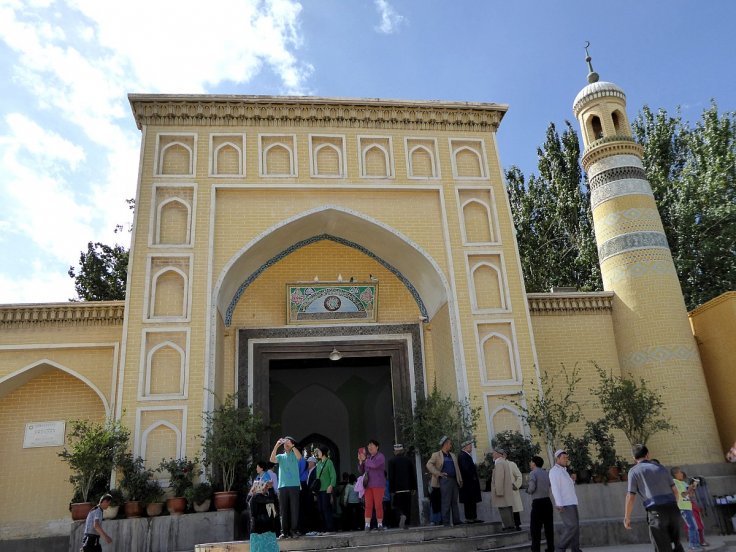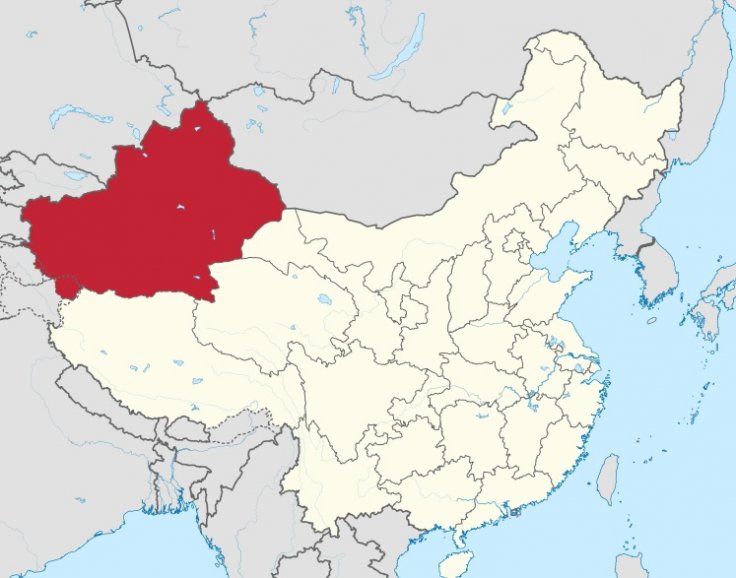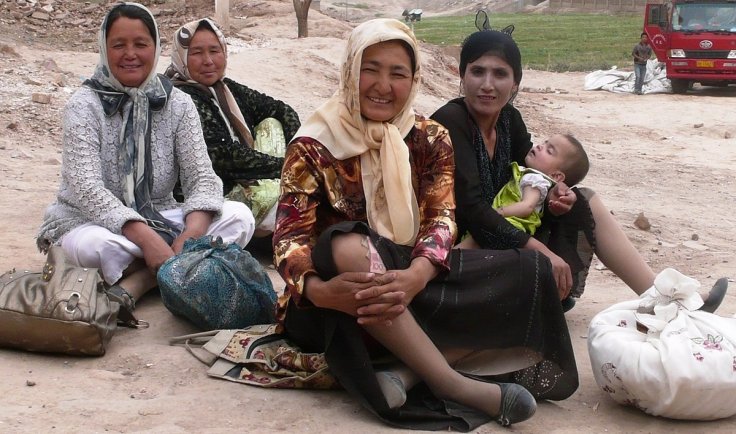China has deployed an army of spies in Xinjiang to make sure Uighur Muslims do not undertake the customary fasting during the month of Ramadan, according to a report.
The spies recruited by Xinjiang authorities include local Uighur Muslims and they work as 'ears' for the administration, Radio Free Asia reported, citing a regional police officer.
China had relaxed the ban on Muslim fasting in the month of Ramadan in 2021 when it allowed people above 65 to fast. However, the restrictions, which were rolled out in 2017, were brought back in full force, according to the report.

'No one is Aloowed to Fast'
"No one is allowed to fast in this Ramadan," a local police officer said, according to RFA. The government prohibited everyone from fasting regardless of age, gender or profession, said the official from the police station in Turpan City.
"When we search the houses, we check if they have carried out illegal religious activities and if there are security threats ... ," said the official. The officer added that violators would be "punished with legal education for light offenses and jail sentences for severe ones."
In 2015 China banned civil servants, students and teachers in Xinjiang region from undertaking the Ramadan fasting. The government also ordered that all restaurants must remain open during the fasting hours.
Combating Extremism
China has placed strict restrictions on the practice of Islam in the Xinjiang autonomous region, which is home to around 11 million Uighurs and other Turkic Muslim minorities.
The Chinese suppression of the Muslim minority came in the wake of a separatist movement that aimed at establishing an independent nation called East Turkestan in the region. Uighur separatism had triggered violence in the region, with numerous knife attacks targeting Chinese law enforcement officers and Han Chinese citizens.

China targeted the Uighur Muslim religious fundamentalism that drove the separatism, and moved hundreds of thousands of Uighurs into the so-called 're-education camps', a move that attracted international condemnation. China, however, insists that it is only trying to reform extremist Muslims. In 2019, Chinese Foreign Minister Wang Yi said the detention centers were "schools that help people free themselves from extremism."
Anti-Terror Law of 2015
The anti terror law that China passed in 2015 banned people in the region from wearing full-face coverings and long beards.
In 2019, a spokesman for the Germany-headquartered World Uighur Congress said Uighur households in Xinjiang were asked to keep an eye on one another to prevent people from fasting during the Ramadan. The community would receive collective punishment if any member was found to be fasting, the organisation said.
A document leaked from a Chinese government database in 2022 showed that Beijing views the Muslim population in Xinjiang as "a paramount national security challenge."

The Chinese Embassy in Washington said in 2019 Beijing's priority in Xinjiang is to fight violent extremism. "Xinjiang-related issues are in essence about countering violent terrorism, radicalization and separatism, not about human rights or religion," the embassy said in a statement, according to BBC.
In 2018, Zhao Kezhi, China's minister of public security, said in a speech that the crackdown in Xinjiang started after a string of violent attacks during 2013-14. "Xinjiang has 2 million people who have been influenced by pro-Xinjiang independence and "Double-Pan" [pan-Turkish and pan-Islamist] thinking. Southern Xinjiang has more than 2 million people who have been severely influenced by the infiltration of extremist religious thought," the minister said.








